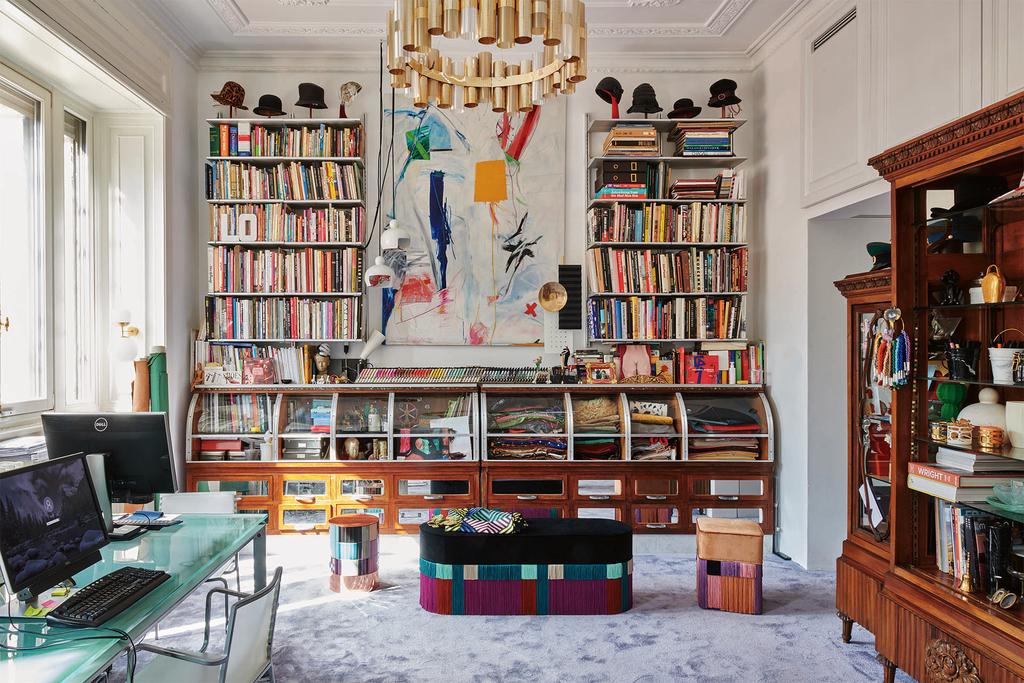
Can Design Bring Peace?
Share
Contemplation is an attitude capable of transforming everyday life. This is the true experience that design proposes.
Are you also feeling more tired than usual? This seems to be a symptom of our times. In the book 'The Fatigue Society', philosopher Byu Han raises hypotheses to increase awareness of this behavior and to adopt a more reflective stance.
So you might ask yourself: what does this have to do with design? For us, it’s everything! Embracing the subjectivity of human thought is an invitation to transform the experience of design into a journey of rest and contemplation.
Byung-Chul Han is a South Korean philosopher and professor of cultural studies at the Berlin University of the Arts. He is an acerbic critic of technology and the acceleration processes it triggers, despite being enthusiastic about the potential for the future that technological utopia reveals.
The book The Burnout Society is perhaps his most renowned work. In a short essay that dialogues with Freud, Nietzsche and Heidegger, Byu raises the hypothesis that screens and the accelerated connection of the internet have created a false environment of positivity that is fragmenting the freedom inherent in existence.
In short, it goes something like this: the possibility of easy access has made it harder for all of us to adopt a negative, critical stance. With the world at our fingertips, we no longer select a few things that affect and structure us, but rather allow ourselves multiple, sometimes simultaneous, experiences.
A latent difficulty in making choices arises, and with it the inability to refuse. We no longer select one thing over another. Instead, we try to choose the intensity with which absolutely all things, each in its own way, are experienced.
For Byu, contemplation is a path to reconnection with the world and with oneself. Allowing oneself to be silent, expanding oneself in time and accepting rejection. Choosing becomes almost an act of redemption. That’s where design comes in…
Design writes a narrative that explains and sustains our own identity. We recognize ourselves in the choices we make and can rest in them, even those we did not make. Understanding who we are empowers sufficiency. It is an individual experience that is enhanced in the comfort of home, in the refuge of the self. And if home is where the heart is, making a home in oneself is an invitation to peace.
